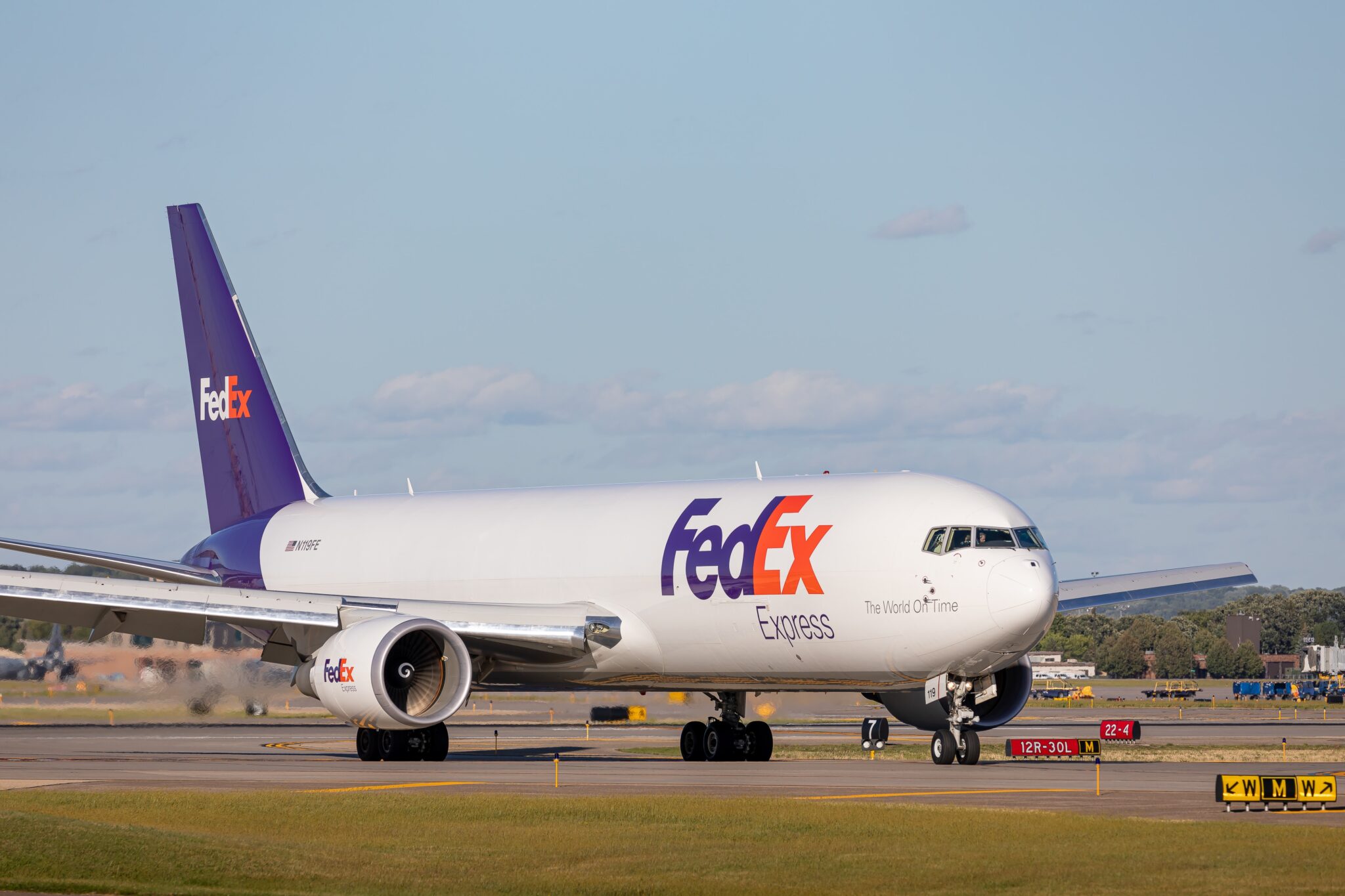Linh is a student at Harvard Law School.
The wait for Glacier Northwest v. Teamsters is over. In a 5-3-1 opinion, the Supreme Court ruled that a concrete supplier may sue its employees in state court for “foreseeable and imminent” damage to property as a result of a strike. The strikers, Justice Barrett wrote, did not “take reasonable precautions to mitigate” the damage to the employer’s property and conducted the strike in a way “designed” to destroy the concrete. Such activity, according to the Court, is not arguably protected under the NLRA, thus the employer’s tort suit in state court should have been allowed to go forward. In her dissent, Justice Jackson criticized the Court for engaging in “difficult line-drawing questions” that Congress clearly intended for the NLRB to resolve. The majority, Justice Jackson wrote, did not give enough credence to the complaint issued by the Board’s General Counsel against Glacier Northwest.
Unite Here Local 11 is asking 15,000 of its members working in hotels across Los Angeles and Orange counties to authorize a strike during the height of tourist season to jump-start contract negotiations. Existing contracts are expiring at the end of June at sixty-two hotels in Southern California. A strike authorization vote would, the Union hopes, move negotiations along and force hotel operators to take workers’ need for pay increases seriously. Negotiations would also address concerns of understaffing and implementation of further protections for California hotel workers in light of the upcoming World Cup and Olympics.
Several worker organizations, including the Farmworkers Association of Florida, are urging local businesses to join an immigrant labor strike on June 1 to protest Florida’s new Republican-backed immigration law, Senate Bill 1718, which takes away many protections currently afforded to undocumented immigrants. These protections include access to social and medical services at Medicaid-accepting facilities as well as the ability to get driver’s licenses. Senate Bill 1718 also levies heavy penalties on businesses who violate new employment mandates involving employment of undocumented immigrants. The new law is scheduled to take effect on July 1, 2023.
After two years of contract negotiations, FedEx has reached a tentative agreement with its air delivery pilots, who had voted in favor of a strike earlier this month seeking higher pay. At the vote, 99% of 6,000 FedEx Express pilots, represented by the Air Line Pilots Association (ALPA), voted in favor of a strike should FedEx continue to refuse to compromise in pay negotiations, which had been going on since May 2021. Exact terms have yet to be announced by FedEx or the ALPA.






Daily News & Commentary
Start your day with our roundup of the latest labor developments. See all
July 11
Regional director orders election without Board quorum; 9th Circuit pauses injunction on Executive Order; Driverless car legislation in Massachusetts
July 10
Wisconsin Supreme Court holds UW Health nurses are not covered by Wisconsin’s Labor Peace Act; a district judge denies the request to stay an injunction pending appeal; the NFLPA appeals an arbitration decision.
July 9
In Today’s News and Commentary, the Supreme Court green-lights mass firings of federal workers, the Agricultural Secretary suggests Medicaid recipients can replace deported farm workers, and DHS ends Temporary Protected Status for Hondurans and Nicaraguans. In an 8-1 emergency docket decision released yesterday afternoon, the Supreme Court lifted an injunction by U.S. District Judge Susan […]
July 8
In today’s news and commentary, Apple wins at the Fifth Circuit against the NLRB, Florida enacts a noncompete-friendly law, and complications with the No Tax on Tips in the Big Beautiful Bill. Apple won an appeal overturning a National Labor Relations Board (NLRB) decision that the company violated labor law by coercively questioning an employee […]
July 7
LA economy deals with fallout from ICE raids; a new appeal challenges the NCAA antitrust settlement; and the EPA places dissenting employees on leave.
July 6
Municipal workers in Philadelphia continue to strike; Zohran Mamdani collects union endorsements; UFCW grocery workers in California and Colorado reach tentative agreements.